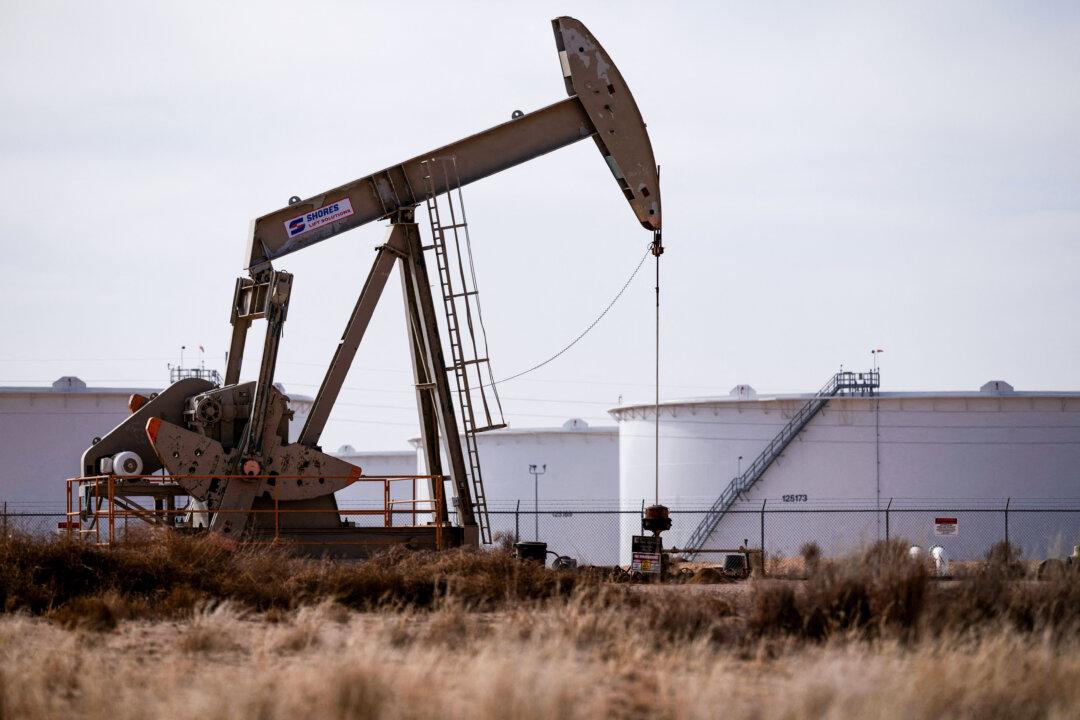The Department of the Interior will implement emergency permitting procedures to accelerate the development of energy resources and critical minerals in the United States, it said on April 23.
The new procedures will reduce approval times—which typically take months or even years—to no more than 28 days, according to the department.




